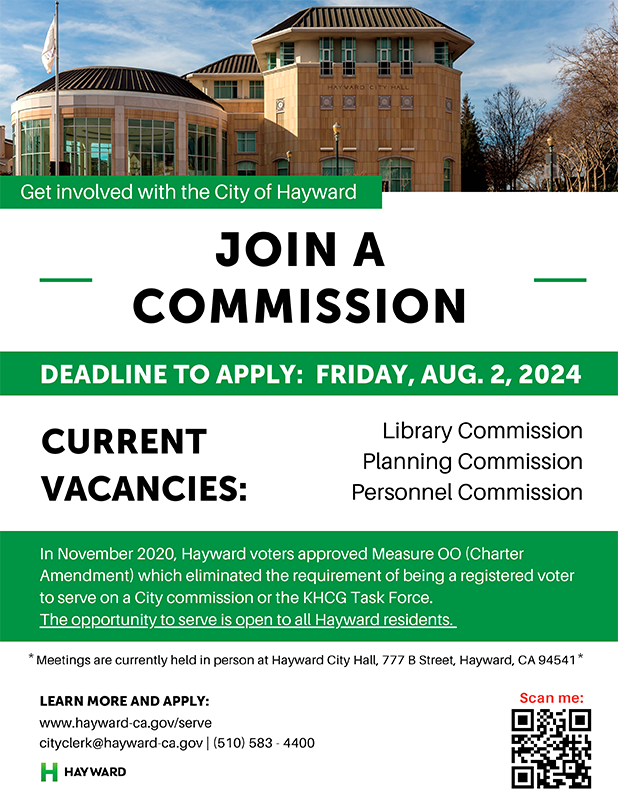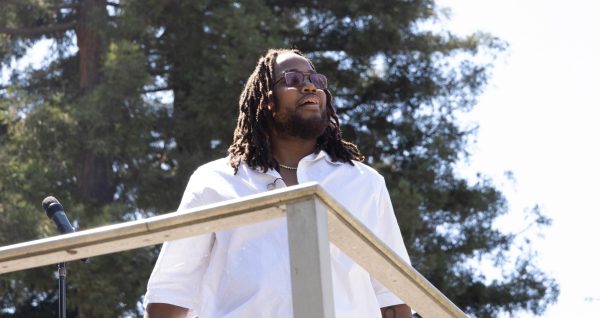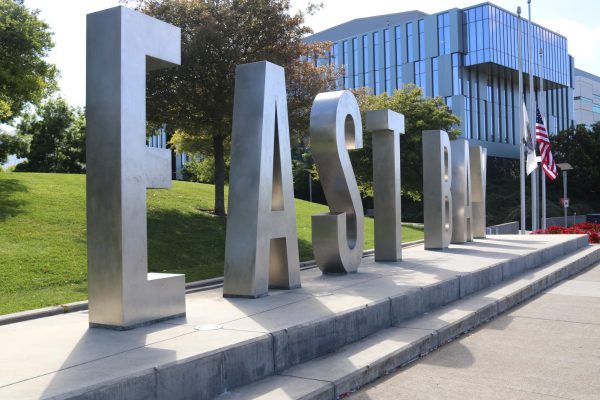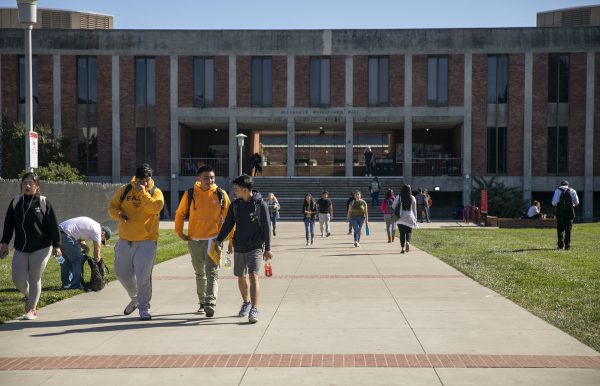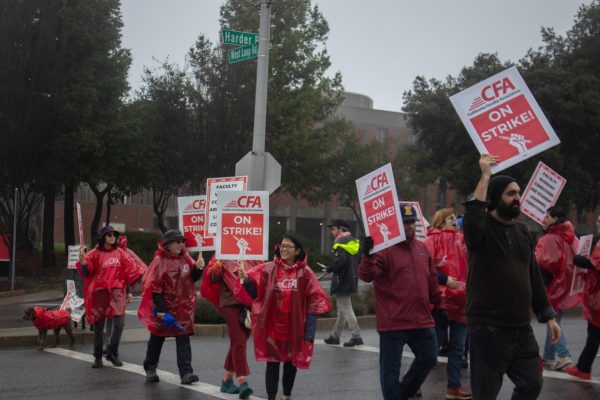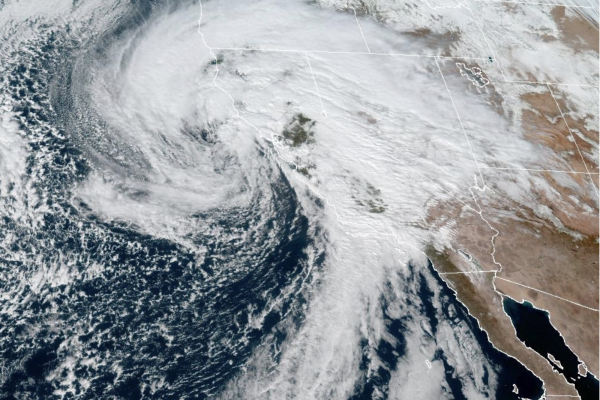Role Models Program connects campus to community
March 6, 2014
Students from California State University, East Bay are participating in the CSUEB Role Models to mentor students at Tennyson High School who are on the brink of failure because of missed class time.
Silvina Ituarte, who has a Ph.D. in criminal justice from Rutgers University and is an associate professor in the criminal justice department, designed the program to help high school students overcome educational obstacles and get back into the classroom by giving them the opportunity to interact one on one with college students who come from similar backgrounds.
Ituarte and her group of role models go every week to Tennyson High and partner with students. They hope to show the students they have also been in their shoes and that they can be successful and go to college.
“Some of the students aren’t even close to being able to graduate,” Ituarte says. “Many of them have been told on a number of occasions that they have already done irreparable damage to their future and have exhausted all of their options – this program teaches them otherwise.”
The program began with CSUEB students meeting with high-risk high school students who frequently cut class or are suspended. “The idea is to motivate them to want to set goals and teach them how to accomplish them,” says Ituarte.
The program starts with smaller goals such as attending all of their classes in a week or completing all of their assignments on time. Ultimately it aims to help students with truancy issues to earn their GED, attend community college or even apply to a four-year university, she says.
The role models first met with students during the lunch period at Tennyson High School. After meeting with the students a few times it became apparent to Ituarte that the program needed to offer its services to the entire student body and be at a time that was not rushed or competing with food.
Since the program is still in its beginning stages Ituarte and her role models have the ability to adjust their mentoring as they go and to provide assistance to all in need.
The role models met with students during a designated class period for the first time Feb. 19. Ituarte said she received positive feedback from the teachers almost immediately after meeting with the role models.
Ariel Richards, whom is part of the program, says the Role Model program is the best thing she has ever been a part of.
“Yes, [the high school students] have gotten in maybe [some] trouble, but they’re still going to school, they still want to succeed, they still want nice paying jobs and I want to help them get there,” Richards said. “I’m really passionate about what I’m doing and I hope my passion can help a student.”
Ituarte and the role models use video clips like pancreatic cancer patient Randy Pausch’s “Last Lecture” presentation to inspire students. Through this lecture, students see Pausch persevere through his life as he suffers from the illness.
Currently, the majority of the program’s role models are criminal justice students at CSUEB and Tennyson is the only school they are working with. But Ituarte says in the near future they will be reaching out to other departments and expanding to other schools.
There is an email blast that goes out to students enrolled in criminal justice courses that encourages them to come out and help. Ituarte says she uses her community-based criminal justice class to keep students in the program, because as long as there is a community-based class there will be role models.
All students visiting Tennyson High School for the meetings must first be fingerprinted and tested for tuberculosis, says Ituarte.




